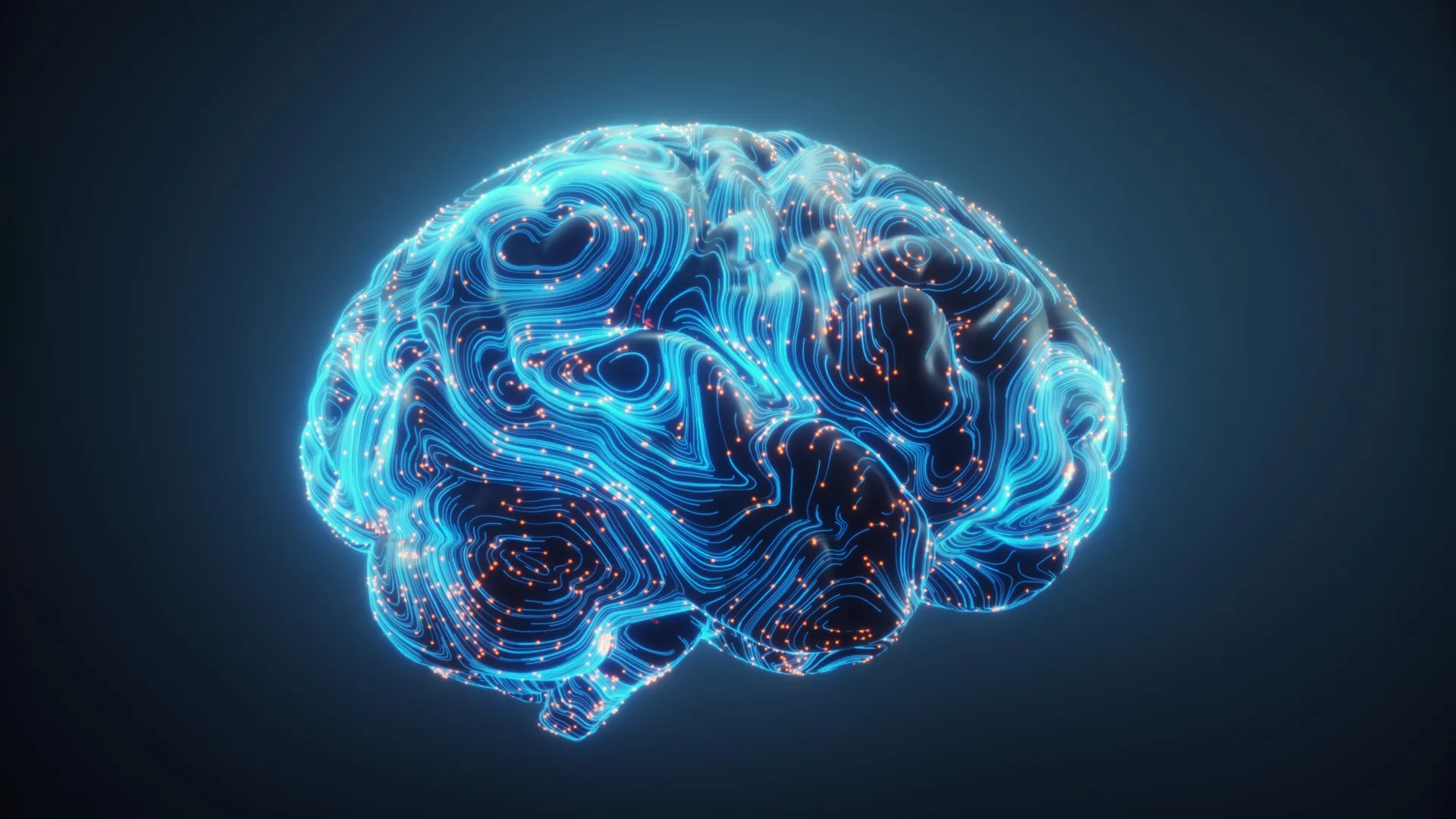A team of researchers from New York University has discovered that the hormone estrogen plays a crucial role in enhancing learning by amplifying dopamine reward signals in the brain. The study, published on November 21, 2025, reveals that laboratory rats exhibited improved learning abilities when their estrogen levels were high. Conversely, when the activity of estrogen was inhibited, the rats faced challenges in their learning tasks. This research sheds light on the complex relationship between hormonal cycles and cognitive performance, offering new insights into potential treatments for brain disorders linked to dopamine activity.
Understanding the mechanisms by which hormones influence cognitive functions has been a longstanding challenge in neuroscience. The recent investigation focused specifically on estrogen, a hormone integral to the female reproductive system. The researchers conducted controlled experiments involving laboratory rats, monitoring their brain activity as they engaged in learning tasks that required them to identify audio cues indicating the availability of rewards. The results indicated that elevated estrogen levels correlated with enhanced performance in these tasks.
Estrogen’s Impact on Dopamine and Learning
“Despite the broad influence of hormones throughout the brain, little is known about how these hormones influence cognitive behaviors and related neurological activity,” stated Christine Constantinople, a professor in New York University’s Center for Neural Science and the senior author of the study. She emphasized the growing recognition within the medical community of the link between estrogen fluctuations and cognitive function, particularly concerning psychiatric disorders.
The lead author of the paper, Carla Golden, added, “Our results provide a potential biological explanation that bridges dopamine’s function with learning in ways that better inform our understanding of both health and disease.” The research team included scientists from NYU Grossman School of Medicine’s Neuroscience Institute and Virginia Commonwealth University’s Department of Pharmacology and Toxicology.
Through their experiments, the researchers found that the rats were more successful in reaching their reward—access to water—when estrogen levels were elevated. They concluded that estrogen enhances dopamine activity in the brain regions responsible for processing rewards, thus strengthening the signals that facilitate learning.
Link Between Hormonal Fluctuations and Learning Deficits
When estrogen activity was diminished, the rats struggled to learn effectively, indicating a potential connection between hormonal fluctuations and the cognitive impairments seen in various neuropsychiatric disorders. Notably, the study revealed that the influence of estrogen did not extend to decision-making processes; it primarily affected learning capabilities.
“All neuropsychiatric disorders show fluctuations in symptom severity over hormonal states, suggesting that a better understanding of how hormones influence neural circuits might reveal what causes these diseases,” Constantinople noted.
This groundbreaking research received funding from the National Institutes of Health (grants DP2MH126376, F32MH125448, 5T32MH019524, 1S10OD010582-01A1), the National Cancer Institute (grant P30CA016087), NYU Langone Health, and the Simons Foundation. The authors clarify that the views expressed in the research do not necessarily represent those of the funding organizations.
The implications of this study extend beyond academic interest, offering a pathway for further exploration into the treatment of brain disorders associated with dopamine dysfunction. As researchers continue to unravel the complexities of hormonal influence on cognitive function, new strategies for addressing mental health issues related to hormonal changes may emerge.








































































